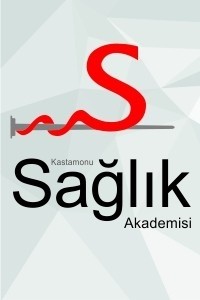
Sağlık Akademisi Kastamonu
Yazarlar: Funda ÖZPULAT
Konular:Hemşirelik
DOI:10.25279/sak.321771
Anahtar Kelimeler:Infertility,Assisted Reproduction Techniques
Özet: Infertility is defined as the inability of a couple in the reproductive age to reproduce despite having regular sexual intercourse for at least one year without using any contraceptives. Recent developments in the diagnosis and treatment of infertility have enabled many infertile patients to have kids with the help of new methods. Ethical defense of assisted reproductive techniques is grounded on an individual’s right to reproduction. Individuals can use this right in both contraception and reproduction. Right to reproduction involves not only an individual’s right to have ‘kids’, but also the physical and mental health of children. If individual has a genetic disease, the efforts of preventing the transfer of disease are considered ethically and legally acceptable. However, assisted reproductive techniques also brings along some important problems like uncertainty about the real parent of the child. There will be no misconceptions about parents as long as the genetic material of third persons are not used. Thus, religious traditions and legal systems of many countries do not tolerate the use of the genetic material of third persons in the application of assisted reproductive techniques. On the other hand, as assisted reproductive techniques presents various options to infertile individuals, it is recommended to allow families to decide themselves and enable individuals to use ways and techniques that accord their religious beliefs, traditions and cultures for modern healthcare services.
Dergi editörleri editör girişini kullanarak sisteme giriş yapabilirler. Editör girişi için tıklayınız.